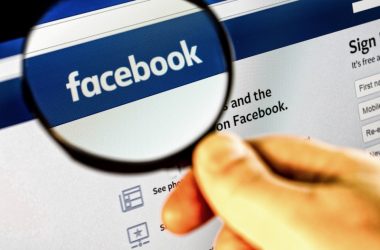
On Monday, Microsoft shocked the tech world by announcing a pair of Windows 8 tablets, both dubbed Microsoft Surface. But it wasn’t just the press event’s mysterious nature that made the news so stunning.
For the first time, Microsoft will make its own Windows PCs. The company will be in direct competition with hardware partners such as HP and Dell, and judging from early reactions, Microsoft is in a good position to win. The potential effects of Surface on the PC market can’t be understated.
And yet, anyone who’s paid attention to the tech industry for the last five years shouldn’t be too surprised. Microsoft’s approach with Surface–designing the hardware in tandem with the software–is the same approach that Apple has taken for decades. And Apple’s method is paying off–just look at the rise of the iPhone and iPad, and the success of the MacBook Air. It took a few years for other companies to catch on, but now it’s finally happening.
“We believe that any intersection between human and machine can be made better when all aspects of the experience–hardware and software–are considered in working together,” Microsoft CEO Steve Ballmer said at the Surface press event. You could probably attribute that quote to Steve Jobs and get away with it.
Microsoft’s not the only company that’s taken a liking to Apple’s approach. Google also intends to build more of its own hardware. A new Google-branded tablet, manufactured by Asus, may be announced next week at the Google I/O developers conference, according to numerous reports. Several more Google devices, including new Nexus phones, are also reportedly on the way. Don’t forget that Google now owns a hardware maker, Motorola, which may start churning out its own Nexus hardware in the future.
Google has built Nexus phones (in conjunction with a hardware partner) before, but the emphasis is different now. Nexus devices were once meant to be a reference for developers and hardware makers. Now, Google seems to view them as a way to deliver Android software and Google Play services directly to consumers, unmodified by other companies and untainted by bloatware.
“We want to give you a place to purchase Nexus devices that work really well with your digital entertainment,” Andy Rubin, Google’s senior vice president of mobile and digital content, said back in April, after the company started selling the Galaxy Nexus phone directly. It sounds like Google’s learned that iTunes is as big of a hook for Apple as the core iOS software. Again, it’s software, services, and hardware all rolled into one.
I see this as good news for consumers. The Dells and HPs of the world may not be pleased, but they have no choice but to play along, since they have no other companies to turn to besides Google and Microsoft. (HP tried to control its own software destiny with WebOS, but failed spectacularly, and now the company is recommitted to Windows.)
Apple needs better competition, particularly in tablets. By competing with their hardware partners–and learning some lessons from Apple–Microsoft and Google may end up raising the bar for everyone.
This blog piece was originally published here.





